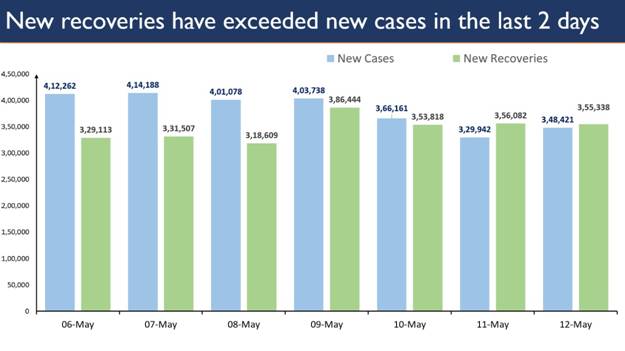A recent study published in the Annals of Surgery reveals that bariatric, or weight loss, surgery can significantly reduce the risk of kidney failure in people with Type 2 diabetes, obesity, and chronic kidney disease (CKD). The findings highlight the potential of bariatric surgery to protect kidney function, showing a 60% lower risk of kidney disease progression and a 44% reduction in the likelihood of developing kidney failure or death, compared to nonsurgical interventions.
Chronic kidney disease, which can progress to renal failure, is a leading cause of morbidity and mortality in patients with diabetes and obesity. Nearly 40% of individuals with diabetes will develop CKD at some point in their lifetime, making effective treatment options critical for this population.
The study, led by Dr. Ali Aminian, Director of Cleveland Clinic’s Bariatric and Metabolic Institute, evaluated 425 adult patients between the ages of 18 and 75, all diagnosed with Type 2 diabetes, obesity, and stage 3 or 4 chronic kidney disease. Of the participants, 183 underwent weight loss surgery, while 242 were treated with GLP-1 receptor agonist medications, including liraglutide, exenatide, and newer drugs like semaglutide (Ozempic) and tirzepatide (Mounjaro).
The research showed that patients who underwent bariatric surgery not only experienced greater weight loss but also had improved control over diabetes, high blood pressure, and cholesterol levels—key factors in reducing the risk of kidney damage. These improvements translated into a significantly lower chance of progressing to kidney failure, a critical outcome for patients managing multiple chronic conditions.
“Bariatric surgery can change the trajectory of the disease in obese and diabetic patients with established chronic kidney disease,” Dr. Aminian stated, emphasizing the importance of recognizing the surgery’s benefits beyond weight loss. Despite its demonstrated efficacy, bariatric surgery remains underutilized, with many patients continuing to rely on medications that may not offer the same level of protection for kidney health.
The findings from this study point to the need for further research to explore bariatric surgery as a standard treatment option for high-risk diabetic patients with CKD. As the prevalence of diabetes and obesity continues to rise globally, the potential of surgical interventions to mitigate complications like kidney failure is becoming increasingly significant.
With its ability to slow the progression of kidney disease and improve overall health outcomes, bariatric surgery offers a promising option for patients with Type 2 diabetes and CKD, particularly those struggling to achieve optimal results through medication alone.











